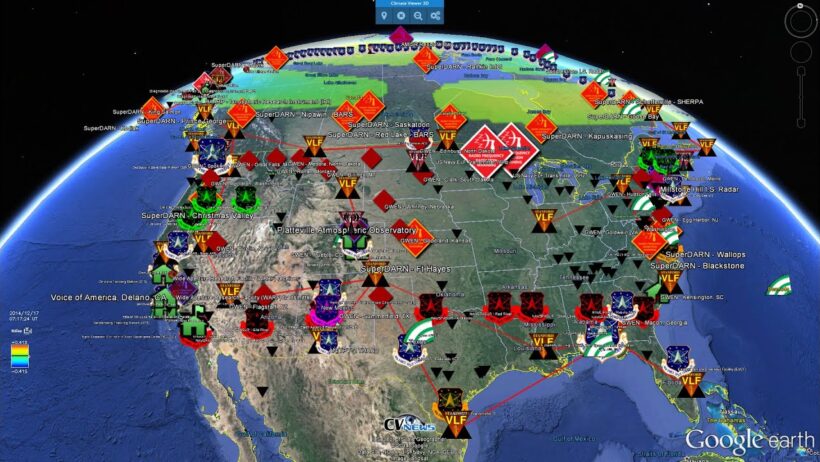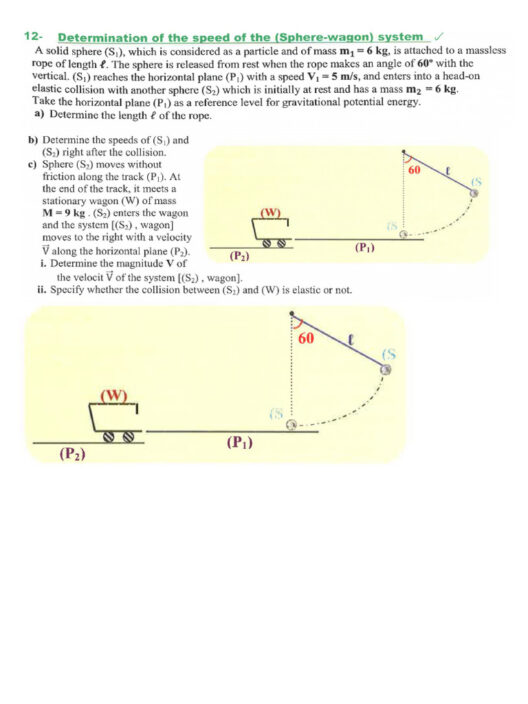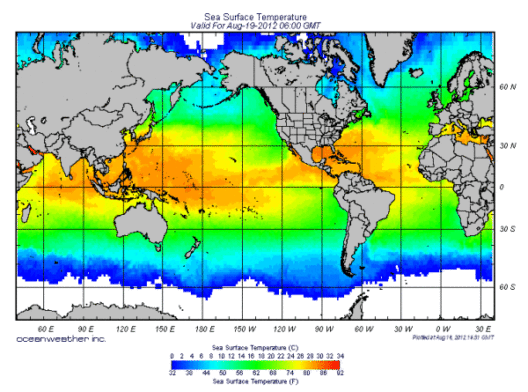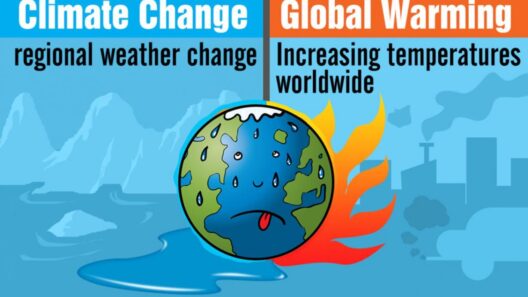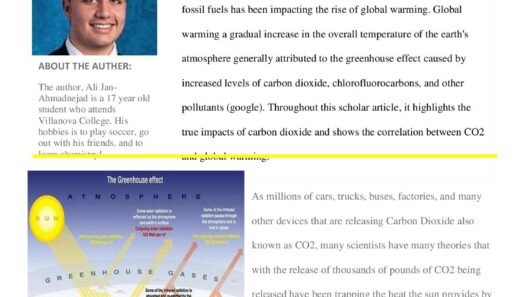Global warming is an urgent and complex issue that challenges humanity’s relationship with the planet. The observable phenomenon of rising global temperatures has profound implications for ecosystems, weather patterns, and human health. However, it is often accompanied by an optimistic notion: that humans possess the capacity to make a substantive impact in mitigating this crisis. Understanding how we can collectively contribute to combating global warming is essential for fostering both individual accountability and systemic transformation.
Firstly, one critical avenue for making a difference lies in adopting sustainable energy practices. The transition from fossil fuels to renewable energy sources such as solar, wind, and hydroelectric power not only reduces greenhouse gas emissions but also promotes energy independence and resilience. Governments and private entities can foster this transition by investing in infrastructure that facilitates the use of clean energy and by incentivizing the development of innovative technologies. For instance, tax breaks and grants for solar panel installations can encourage both businesses and homeowners to shift toward more sustainable energy use, creating a ripple effect in emission reductions.
Furthermore, increasing energy efficiency is another monumental step that can yield substantial benefits. By enhancing the efficiency of our buildings, transportation, and industrial processes, we can significantly lower our carbon footprint. For example, retrofitting homes with better insulation and energy-efficient appliances can drastically diminish the energy required for heating and cooling. Similarly, advocating for electric vehicles and improving public transport systems will not only curb emissions but will also reduce urban congestion and enhance air quality. These measures, while often undertaken at an individual or community level, can induce widespread environmental impacts when systematically adopted.
Beyond energy practices, a pivotal area for intervention is sustainable agriculture. The agricultural sector is a significant contributor to greenhouse gas emissions, driven mainly by deforestation, methane emissions from livestock, and nitrous oxide from fertilizers. By promoting regenerative agricultural practices, such as crop rotation, cover cropping, and agroforestry, we can revitalize soil health, enhance biodiversity, and even sequester carbon. Consumers can support this transformation by choosing locally-sourced and sustainably produced food, thereby fostering an economic model that prioritizes ecological stewardship over unsustainable mass production.
Equally important is the role of waste management in combating global warming. The proliferation of landfills not only contributes to methane emissions but also squanders valuable resources. Implementing comprehensive recycling programs and promoting a circular economy can help mitigate these effects. Education plays a vital role here, as raising awareness about the importance of reducing, reusing, and recycling can inspire individuals and communities to embrace more sustainable practices. Initiatives such as community clean-up events or classes on composting can galvanize public interest and action towards effective waste management.
Engagement in advocacy and policy reform is also a critical strategy for influencing broader societal change. Grassroots movements, alongside established environmental organizations, have demonstrated the enormous power of collective action. By mobilizing citizens to lobby for stronger climate policies, individuals can influence decision-makers to enact measures that prioritize the health of the planet. Participating in local government discussions on zoning laws, supporting environmentally friendly candidates, or joining campaigns aimed at reducing carbon emissions are all actionable steps that illustrate the potency of civic engagement in the climate movement.
Education and awareness-raising must not be underestimated in this fight against global warming. By fostering an informed populace, we create a foundation for proactive decision-making. Integrating environmental education into academic curricula can empower future generations to prioritize sustainability in their careers and daily lives. Public awareness campaigns aimed at elucidating the consequences of climate change can galvanize community action and elevate the urgency of the issue. The more individuals understand the gravity of global warming and its impacts on their immediate surroundings, the more likely they are to engage in solutions.
In traversing these multifaceted strategies, we recognize a common thread: the need for cooperation. The existential nature of climate change demands collaborative efforts that transcend geographic, political, and socio-economic boundaries. International agreements, such as the Paris Accord, exemplify how global cooperation can create a unified front against environmental degradation. While governments play a vital role, individual actions multiplied by millions can enact considerable change. Each decision—from how we commute to what we eat—can be a testament to our commitment to combatting climate change.
It is important to acknowledge that societal change often experiences resistance, necessitating persistent advocacy and outreach efforts. By engaging in dialogues with skeptics and individuals from diverse backgrounds, we can demystify concerns surrounding climate action. Addressing fears about economic ramifications or lifestyle changes associated with going green can foster mutual understanding and collaboration toward shared goals. Encouraging conversations that illustrate the potential for job creation within sustainable industries may help bridge divides and build consensus around environmentally-friendly policies.
In conclusion, the fight against global warming is not solely a matter of policy or technology; it inherently revolves around the will and actions of humanity. Each individual’s choices, when aligned with a collective vision of sustainability, can catalyze transformative change. The pursuit of a more sustainable future is not only an obligation but also an opportunity—a chance to innovate, engage, and ultimately heal our planet. Through persistent efforts in energy efficiency, sustainable agriculture, waste management, advocacy, education, and cooperation, humans can indeed make a significant difference in the fight against global warming.



